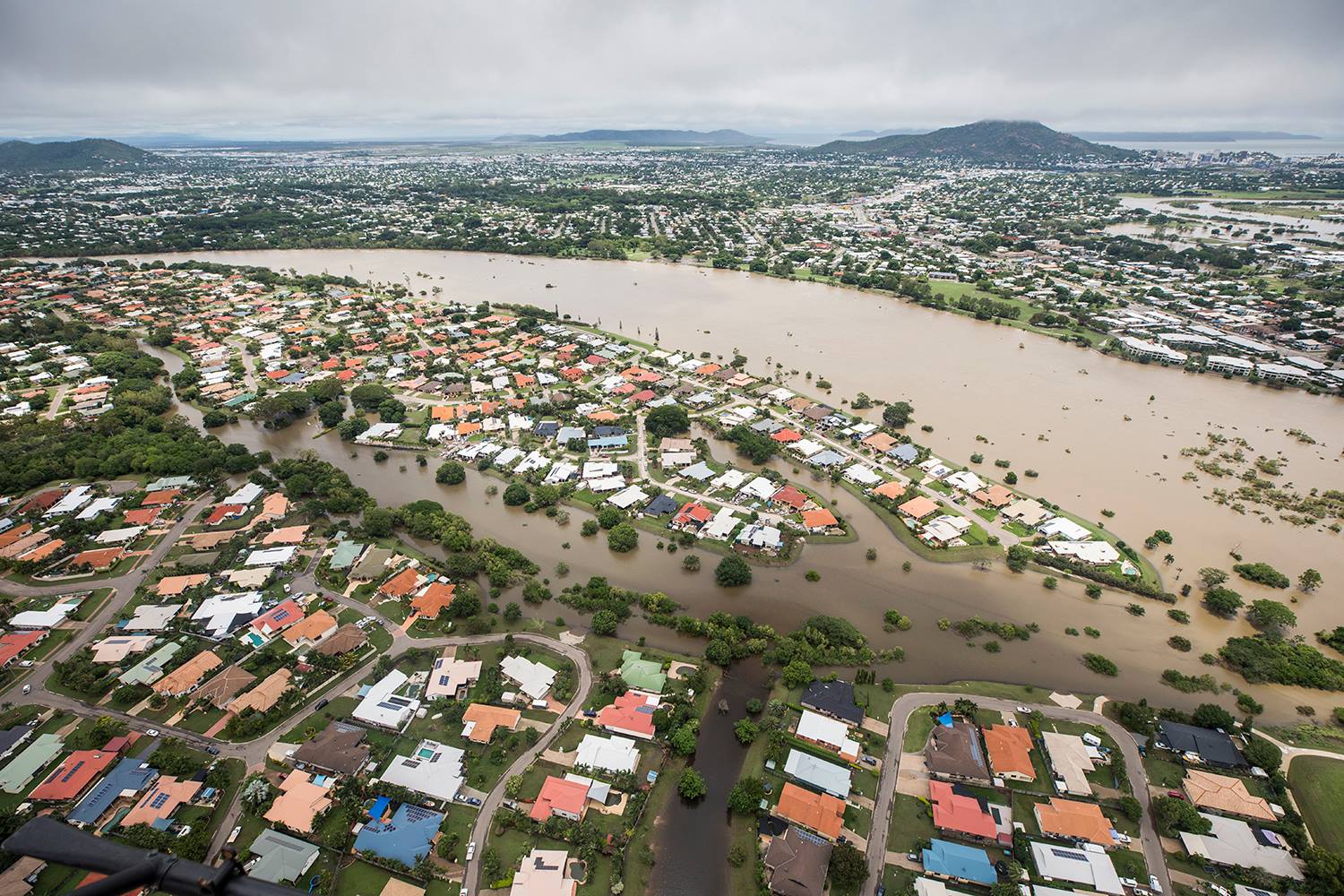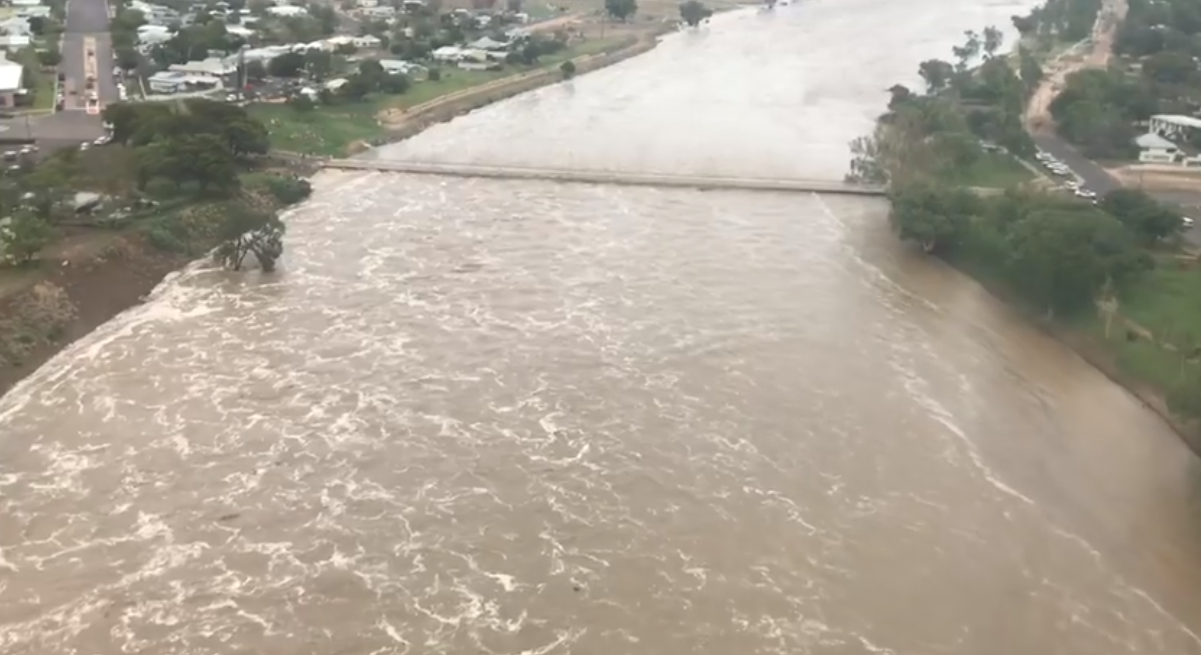The Minerals Council of Australia has set out to identify opportunities for further mining and mining services exports and outward mining investment in South and East Asia.
The New Frontiers research project, by Trading Nation Consulting, will conduct country-level stocktakes of trade barriers and other impediments to boosting Australian mining and mining services trade and investment.
Mining is already Australia’s biggest export industry, generating $146 billion in exports in 2016, and Asia is already the sector’s most important market, accounting for more than 80 per cent of these exports.
“As Asia’s economies grow, they will increase investment in infrastructure and resources and energy-intensive production activities, creating additional demand for Australian resources,” Minerals Council of Australia interim chief executive David Byers said.
“And, as these economies develop their own mining sectors, there will be opportunities for Australia to export mining equipment, technology and services.
“Australian mining services businesses, from geoscientific and engineering services to specialised technical analysis and environmental management services, are well-placed to partner with Asian businesses in developing those countries’ mining sectors.
“However, realising these opportunities will require tackling a raft of trade barriers and other impediments.”
Mr Byers said the New Frontiers research would identify these barriers, which include tariffs on minerals commodities, non-tariff barriers to services trade, and restrictions on foreign investment.
The first two reports from the project provide an overview of India and the ASEAN nations and a detailed country study of Indonesia.
Main findings include:
- Projected growth in India and the ASEAN economies will see surging demand for coal, steel and other metals into the 2020s
- Ensuring Australia can meet this demand will require further liberalisation of trade in goods as well as services trade and cross-border investment
- Tariffs on minerals and metals have fallen markedly across ASEAN but remain high in India, where they are exacerbated by a battery of border fees and charges
- As tariffs have fallen, non-tariff measures have grown, muting the effects of tariff cuts
- Restrictions on services trade and investment are much higher than on goods, and adversely affect mining services such as engineering, construction, accounting, legal and computing services
- Indonesia is imposing significant new restrictions on foreign investment in mining, in a climate of growing economic and resources nationalism
- Non-tariff measures should be a central focus of Australia’s approach to merchandise trade while services liberalisation should also be a high priority, especially in areas relevant to mining and mining equipment, technology and services.
Australia is currently negotiating new free trade agreements with India and Indonesia, and is in discussions with ASEAN to review the ASEAN-Australia-New Zealand Free Trade Agreement. The New Frontiers reports include recommendations on issues for policy-makers to address in these negotiations.


